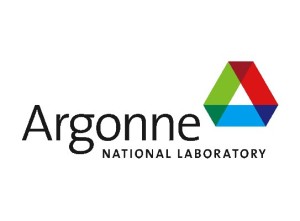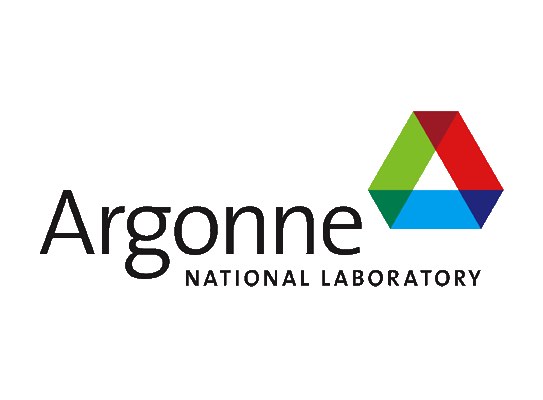 The 2016 ALCF Data Science Program (ADSP) at Argonne has issued its Call for Proposals. The new initiative is targeted at “big data” science problems that require the scale and performance of leadership resources.
The 2016 ALCF Data Science Program (ADSP) at Argonne has issued its Call for Proposals. The new initiative is targeted at “big data” science problems that require the scale and performance of leadership resources.
Our goal is to help explore and improve a variety of computational methods that will help enable data-driven discoveries across all scientific disciplines,” said ALCF Director of Science Katherine Riley.
Large-scale experiments, metagenomics, urban planning and many other “data-centric” application domains are generating increasingly large amounts of data that contain scientifically significant discoveries. Leadership computing resources are massively powerful platforms that can be used to parse and analyze this data—provided the right tools and techniques can be developed, proved, and improved.
“We want to grow a community of users that are capable of doing data science on HPC resources,” said ALCF Director Michael E. Papka. “We have considerable experience and a proven track record of enabling computational science on the world’s largest computational resources. We think we can do the same for data.”
ADSP project teams will have access to ALCF staff and computing resources, including its primary production system, Mira, as well as visualization and analytics clusters, storage and, eventually, Theta, the 8.5-petaflops Cray system expected to arrive later this year.
Projects can achieve either a specific science goal or implement a specific technology needed to support data science. The projects should focus on data science techniques such as uncertainty quantification, statistics, machine learning, deep learning, databases, pattern recognition, image processing, graph analytics, data mining, real-time data analysis, and complex and interactive workflows.
ADSP projects will receive support from ALCF staff scientists and a dedicated postdoctoral researcher to help the team reach their science goals. The ALCF will also provide training opportunities to familiarize teams with ALCF’s hardware and software environments.
Proposals are due by May 31, 2016.




